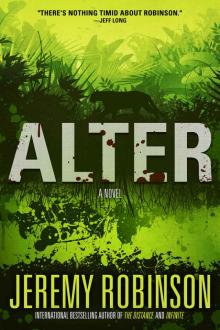 Alter
Alter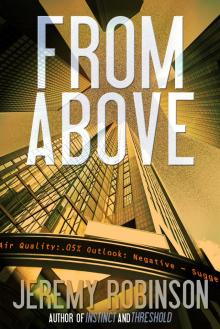 From Above - A Novella
From Above - A Novella Flux
Flux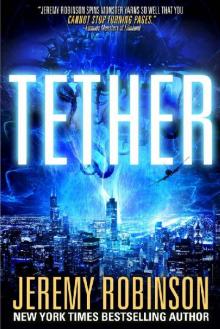 Tether
Tether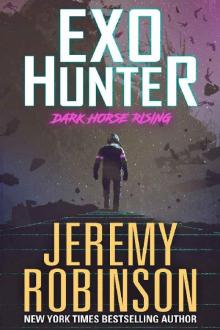 Exo-Hunter
Exo-Hunter Pulse
Pulse Cannibal
Cannibal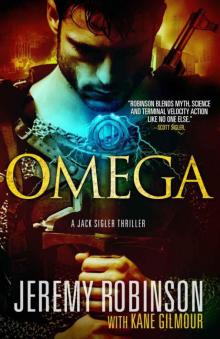 Omega: A Jack Sigler Thriller cta-5
Omega: A Jack Sigler Thriller cta-5 Flood Rising (A Jenna Flood Thriller)
Flood Rising (A Jenna Flood Thriller)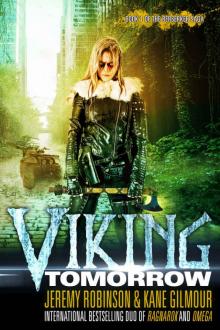 Viking Tomorrow
Viking Tomorrow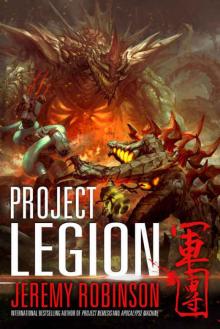 Project Legion (Nemesis Saga Book 5)
Project Legion (Nemesis Saga Book 5) BENEATH - A Novel
BENEATH - A Novel Kronos
Kronos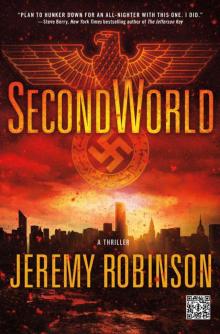 SecondWorld
SecondWorld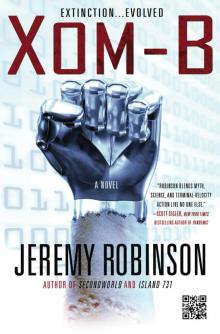 XOM-B
XOM-B Forbidden Island
Forbidden Island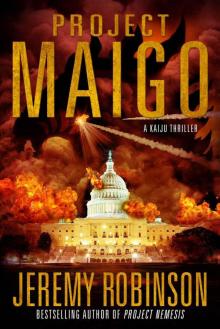 Project Maigo
Project Maigo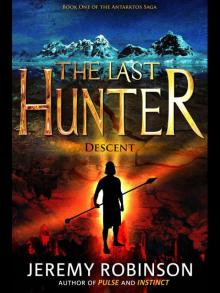 The Last Hunter - Descent (Book 1 of the Antarktos Saga)
The Last Hunter - Descent (Book 1 of the Antarktos Saga)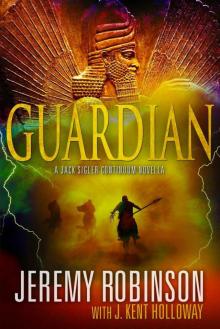 Jack Sigler Continuum 1: Guardian
Jack Sigler Continuum 1: Guardian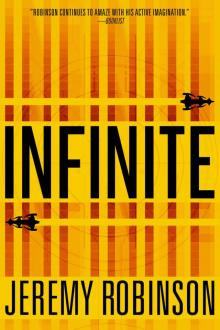 Infinite
Infinite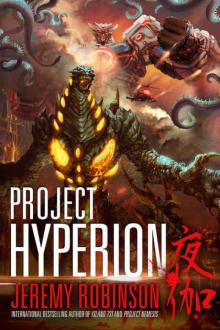 Project Hyperion
Project Hyperion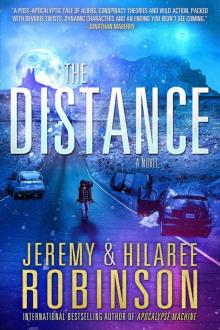 The Distance
The Distance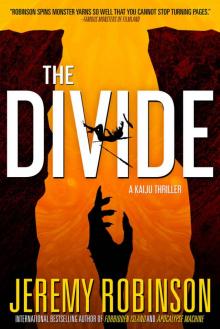 The Divide
The Divide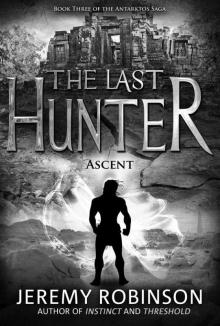 The Last Hunter - Ascent (Book 3 of the Antarktos Saga)
The Last Hunter - Ascent (Book 3 of the Antarktos Saga)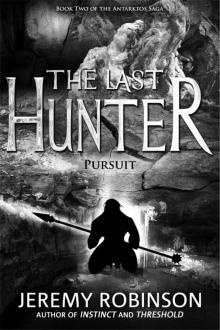 The Last Hunter - Pursuit (Book 2 of the Antarktos Saga)
The Last Hunter - Pursuit (Book 2 of the Antarktos Saga)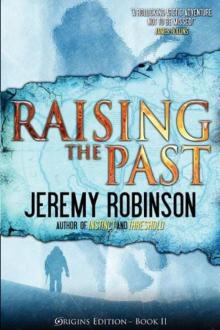 Raising the Past
Raising the Past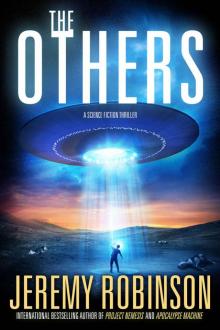 The Others
The Others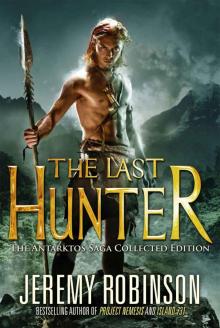 The Last Hunter - Collected Edition
The Last Hunter - Collected Edition Threshold
Threshold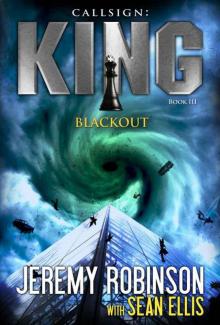 Blackout ck-3
Blackout ck-3 Antarktos Rising
Antarktos Rising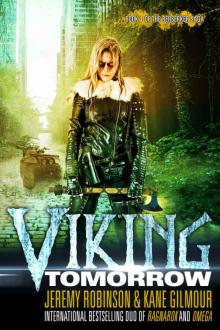 Viking Tomorrow (The Berserker Saga Book 1)
Viking Tomorrow (The Berserker Saga Book 1)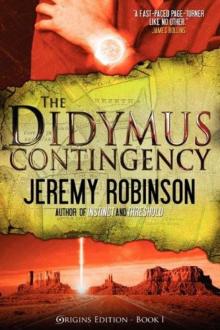 The Didymus Contingency
The Didymus Contingency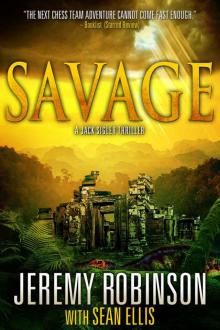 Savage (Jack Sigler / Chess Team)
Savage (Jack Sigler / Chess Team)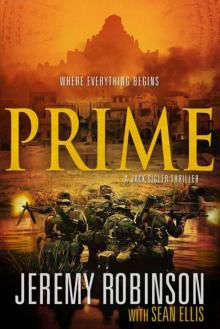 Prime
Prime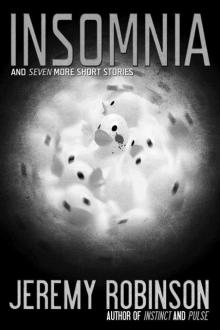 Insomnia and Seven More Short Stories
Insomnia and Seven More Short Stories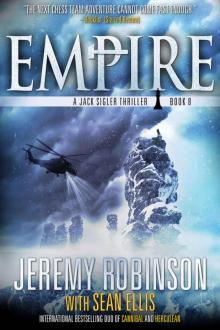 Empire (A Jack Sigler Thriller Book 8)
Empire (A Jack Sigler Thriller Book 8)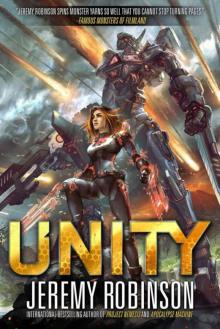 Unity
Unity Instinct
Instinct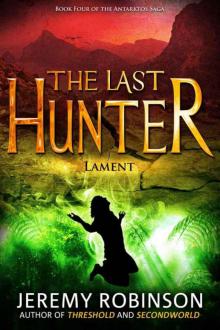 The Last Hunter - Lament (Book 4 of the Antarktos Saga)
The Last Hunter - Lament (Book 4 of the Antarktos Saga)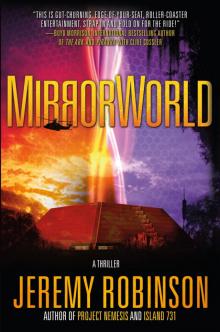 MirrorWorld
MirrorWorld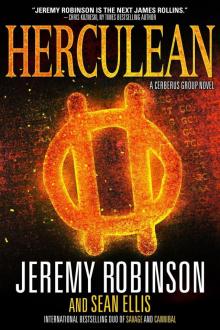 Herculean (Cerberus Group Book 1)
Herculean (Cerberus Group Book 1) Island 731
Island 731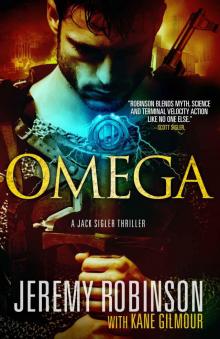 Omega: A Jack Sigler Thriller
Omega: A Jack Sigler Thriller Patriot (A Jack Sigler Continuum Novella)
Patriot (A Jack Sigler Continuum Novella)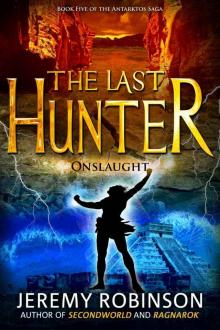 5 Onslaught
5 Onslaught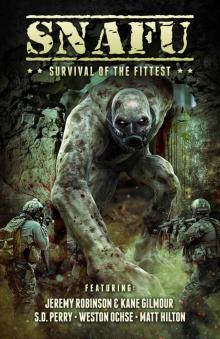 SNAFU: Survival of the Fittest
SNAFU: Survival of the Fittest Helios (Cerberus Group Book 2)
Helios (Cerberus Group Book 2)